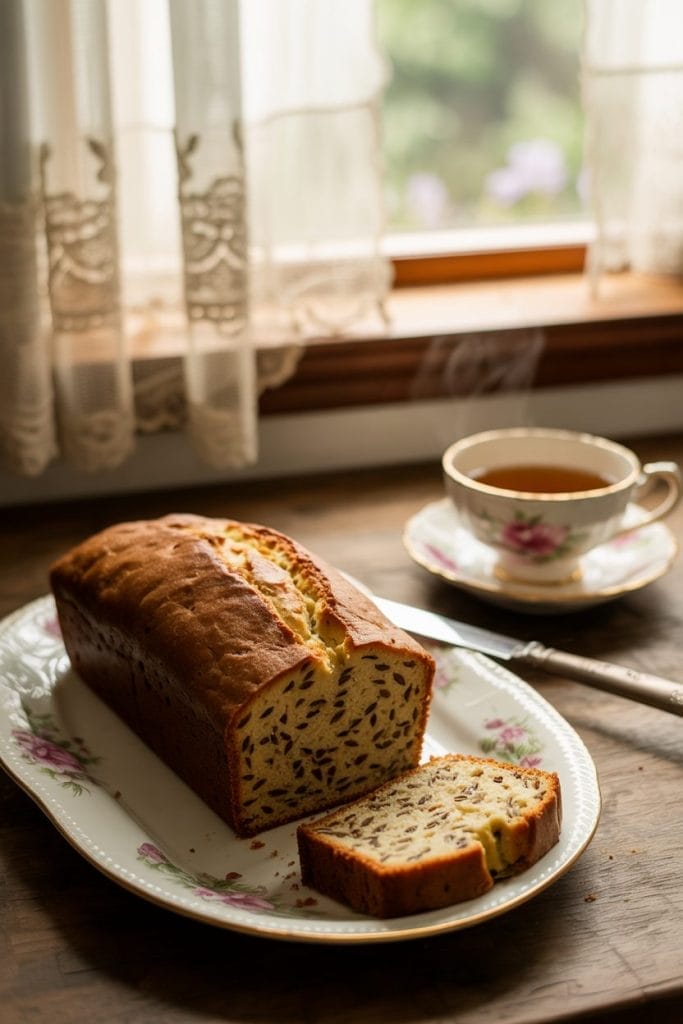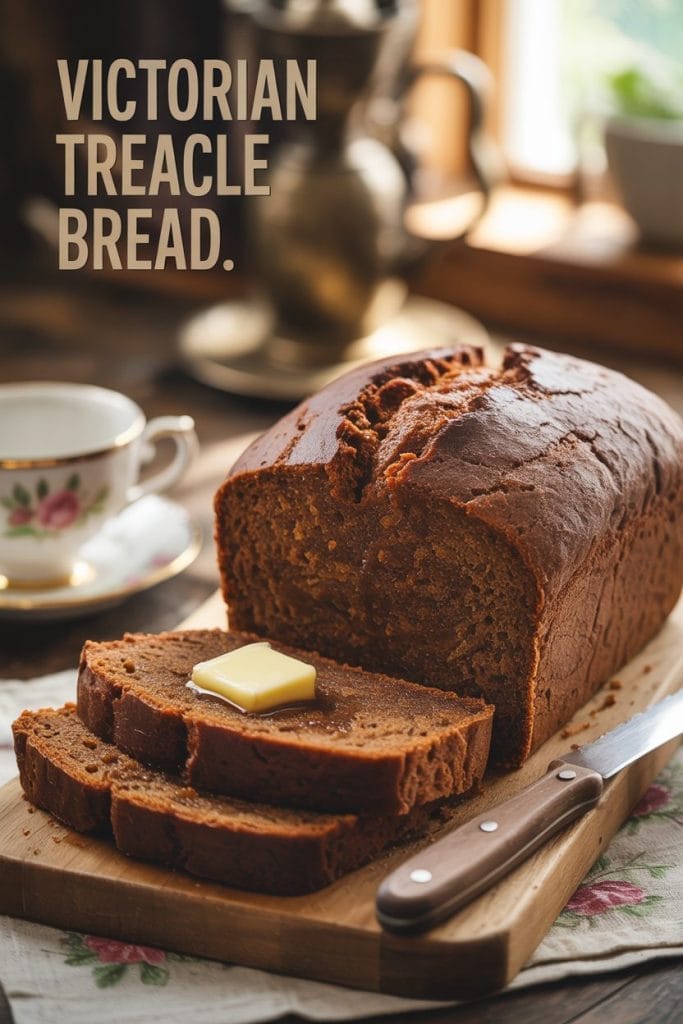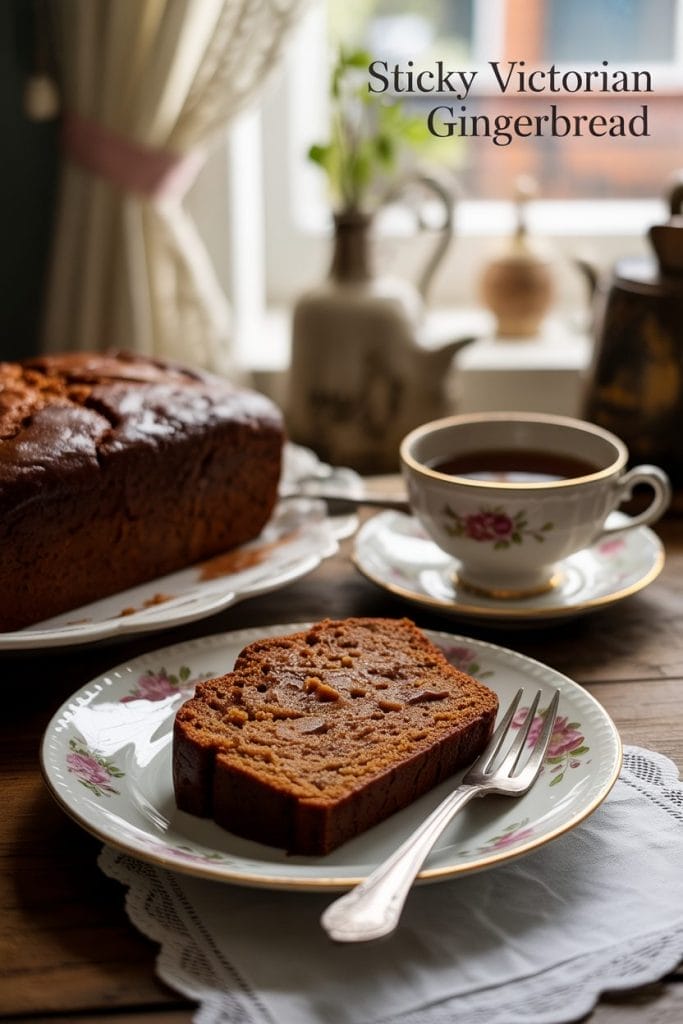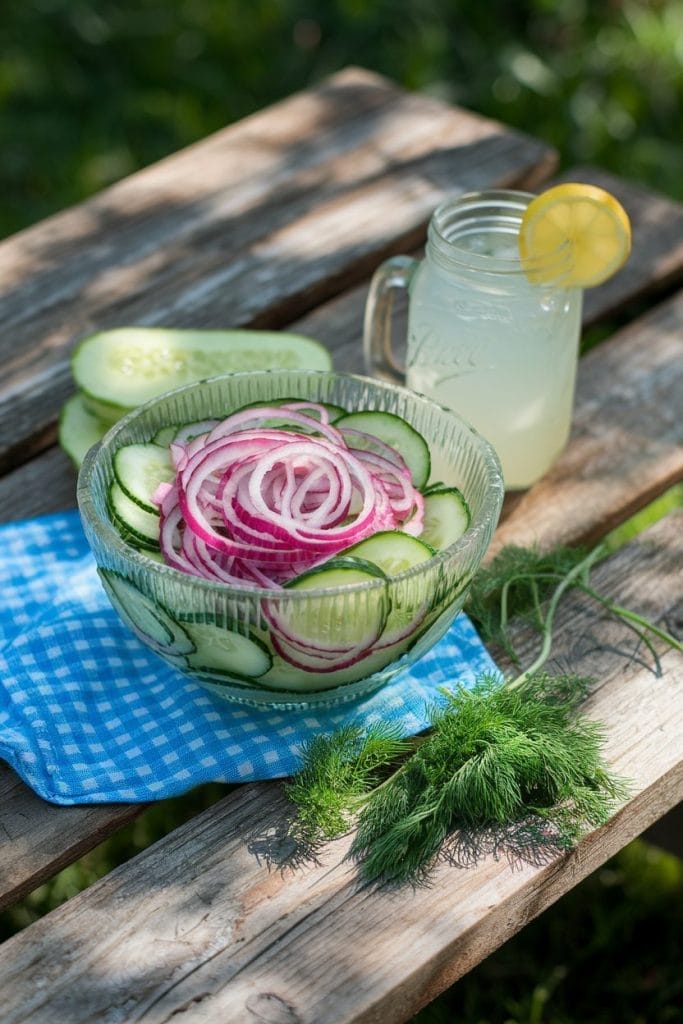Home > Single Recipes > Peanut Butter Victory Cookies: A Taste of Wartime Resilience
Last Updated: February 24, 2025
I Made These FREE Vintage Recipe Tools JUST For You
This recipe was created with help from AI tools and carefully reviewed by a human. For more on how we use AI on this site, check out our Editorial Policy. Classic Fork earns a small commission from Amazon and other affiliate links at no extra cost to you, helping us keep our content free and honest.
Peanut Butter Victory Cookies: A Taste of Wartime Resilience
Time Period:
Meal Type:
Core Ingredient:
Cuisine:
Cooking Time: 10 minutes
Prep Time: 15 minutes
Total Time: 25 minutes
Servings: 12 cookies
Calories: 130 per cookie
During wartime, home bakers had to get creative due to sugar and butter rationing. Peanut Butter Victory Cookies became a beloved treat, offering a rich and nutty flavor while stretching limited ingredients.
These cookies were simple, resourceful, and delicious, proving that a little ingenuity goes a long way in the kitchen. Today, we’re bringing back this vintage recipe so you can enjoy a piece of history in every bite.

What Would You Cook in Wartime?
Step back in time and discover what you could make with limited wartime rations
History
Victory cookies were part of a larger movement during World War II when households had to adapt recipes due to strict rationing. Ingredients like butter, eggs, and sugar were in short supply, so creative substitutions became the norm.
Peanut butter, which was high in protein and readily available, became a popular alternative for fat in baking.
These cookies were not only a morale booster but also a way to make do with what was available. Today, they remind us of the resilience and ingenuity of past generations.
Equipment
- Mixing bowl (I love this mixing bowl set)
- Whisk or hand mixer
- Wooden spoon (Love environmet & style? Get this bamboo spoon set)
- Baking sheet
- Parchment paper
- Measuring cups and spoons
- Fork
Ingredients
- 1 cup peanut butter (creamy or chunky)
- 1/2 cup honey (or corn syrup as a substitute)
- 1/2 teaspoon baking soda
- 1/4 teaspoon salt
- 1 teaspoon vanilla extract
- 1/2 cup flour (whole wheat was commonly used)
- 1 egg (or 2 tablespoons of applesauce for an egg-free version)
Instructions
Step 1: Preheat the Oven and Prepare the Baking Sheet
Preheat your oven to 350°F (175°C). Line a baking sheet with parchment paper to prevent sticking and ensure even baking.
Step 2: Mix Wet Ingredients
In a large mixing bowl, combine the peanut butter, honey, and vanilla extract. Use a whisk or hand mixer to blend until smooth.
Step 3: Add Dry Ingredients
In the same bowl, gradually mix in the flour, baking soda, and salt. Stir well until the ingredients are evenly incorporated.
Step 4: Incorporate the Egg (or Substitute)
Crack the egg into the bowl and mix thoroughly. If using applesauce as a substitute, add it now. The dough should become slightly thick and pliable.

Step 5: Shape the Cookies
Scoop tablespoon-sized portions of dough and roll them into small balls. Place them on the baking sheet about 2 inches apart.
Step 6: Flatten with a Fork
Use a fork to press down each dough ball, creating a crisscross pattern on top. This was a common technique used in wartime baking to flatten cookies evenly.
Step 7: Bake the Cookies
Place the baking sheet in the oven and bake for 8-10 minutes, or until the cookies turn golden brown. Be careful not to overbake, as they will continue to set after being removed from the oven.

Step 8: Cool and Serve
Let the cookies cool on the baking sheet for 5 minutes before transferring them to a wire rack. Once cooled, enjoy with a cup of tea or a glass of milk.
Special Notes
- Ingredient Substitutions: Honey was commonly used during wartime due to sugar rationing, but maple syrup or molasses can also work.
- Flour Options: Whole wheat flour was a staple during rationing. For a softer texture, try a 50/50 mix of whole wheat and all-purpose flour.
- Egg-Free Version: Applesauce is a great substitute for eggs in this recipe, making it more accessible for those with dietary restrictions.
- Storage: These cookies keep well in an airtight container for up to a week.
Nutrition (Per Cookie)
- Calories: 130 kcal
- Carbohydrates: 14g
- Protein: 4g
- Fat: 7g
- Fiber: 1g
- Sugar: 7g

Peanut Butter Victory Cookies
Victory cookies were part of a larger movement during World War II when households had to adapt recipes due to strict rationing. Ingredients like butter, eggs, and sugar were in short supply, so creative substitutions became the norm.
Peanut butter, which was high in protein and readily available, became a popular alternative for fat in baking.
These cookies were not only a morale booster but also a way to make do with what was available. Today, they remind us of the resilience and ingenuity of past generations.
Ingredients
- 1 cup peanut butter (creamy or chunky)
- 1/2 cup honey (or corn syrup as a substitute)
- 1/2 teaspoon baking soda
- 1/4 teaspoon salt
- 1 teaspoon vanilla extract
- 1/2 cup flour (whole wheat was commonly used)
- 1 egg (or 2 tablespoons of applesauce for an egg-free version)
Instructions
Step 1: Preheat the Oven and Prepare the Baking Sheet
Preheat your oven to 350°F (175°C). Line a baking sheet with parchment paper to prevent sticking and ensure even baking.
Step 2: Mix Wet Ingredients
In a large mixing bowl, combine the peanut butter, honey, and vanilla extract. Use a whisk or hand mixer to blend until smooth.
Step 3: Add Dry Ingredients
In the same bowl, gradually mix in the flour, baking soda, and salt. Stir well until the ingredients are evenly incorporated.
Step 4: Incorporate the Egg (or Substitute)
Crack the egg into the bowl and mix thoroughly. If using applesauce as a substitute, add it now. The dough should become slightly thick and pliable.
Step 5: Shape the Cookies
Scoop tablespoon-sized portions of dough and roll them into small balls. Place them on the baking sheet about 2 inches apart.
Step 6: Flatten with a Fork
Use a fork to press down each dough ball, creating a crisscross pattern on top. This was a common technique used in wartime baking to flatten cookies evenly.
Step 7: Bake the Cookies
Place the baking sheet in the oven and bake for 8-10 minutes, or until the cookies turn golden brown. Be careful not to overbake, as they will continue to set after being removed from the oven.
Step 8: Cool and Serve
Let the cookies cool on the baking sheet for 5 minutes before transferring them to a wire rack. Once cooled, enjoy with a cup of tea or a glass of milk.
Notes
- Ingredient Substitutions: Honey was commonly used during wartime due to sugar rationing, but maple syrup or molasses can also work.
- Flour Options: Whole wheat flour was a staple during rationing. For a softer texture, try a 50/50 mix of whole wheat and all-purpose flour.
- Egg-Free Version: Applesauce is a great substitute for eggs in this recipe, making it more accessible for those with dietary restrictions.
- Storage: These cookies keep well in an airtight container for up to a week.
Nutrition Information
Yield 12 Serving Size 1 cookieAmount Per Serving Calories 130Total Fat 7gCarbohydrates 14gFiber 1gSugar 7gProtein 4g

Maggie Hartwell
Hi there, I’m Maggie Hartwell, but you can call me Maggie—the apron-clad foodie behind Classic Fork! I created Classic Fork because I’m convinced food has a way of telling stories that words can’t. So, grab a fork and dig in. The past never tasted so good!






